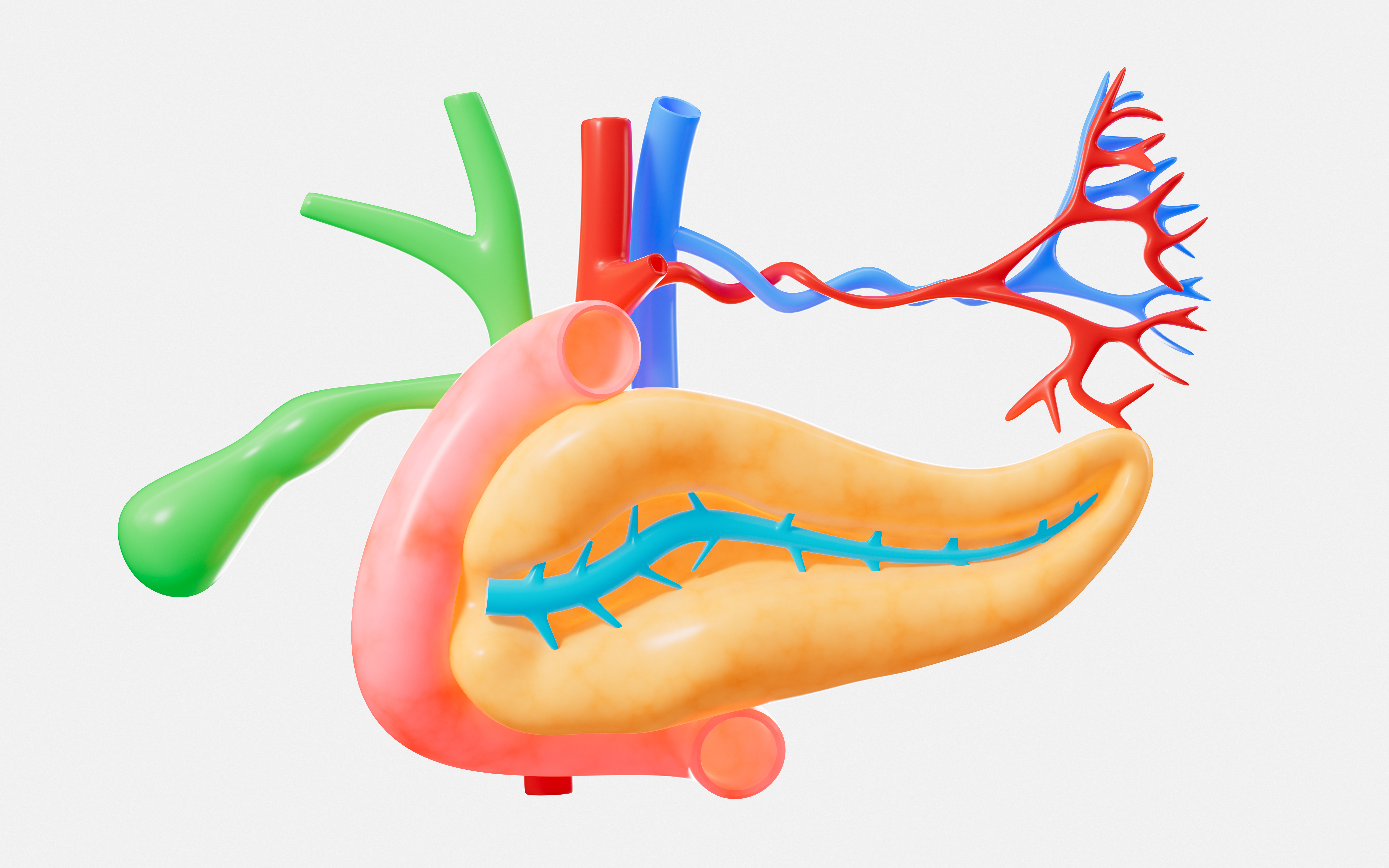Research from UC Davis uncovers a profound evolutionary paradox: the genetic mutation that may have enabled larger human brains has also made us uniquely vulnerable to aggressive cancers. Scientists found that a single amino acid change in the immune protein FasL, where serine replaces proline, allows tumour-associated enzymes to disarm our cancer-fighting cells.
This vulnerability seems exclusive to humans; our primate relatives maintain strong anti-tumour immunity. The discovery explains why CAR-T therapies work well against blood cancers but struggle with solid tumours, as aggressive cancers exploit this evolutionary weakness to neutralise immune responses.
The implications go beyond oncology, fundamentally changing our understanding of the trade-offs in human evolution. As our species developed enhanced cognitive abilities, we inadvertently inherited increased susceptibility to cancer — a biological compromise with significant medical consequences.
Therapeutically, this insight opens transformative avenues. Combining current immunotherapies with plasmin inhibitors could restore our immune system’s full cancer-fighting capacity, especially for treatment-resistant solid tumours. This represents the next frontier of personalised medicine: targeting species-specific vulnerabilities with precise molecular interventions.
Research article: Evolutionary regulation of human Fas ligand (CD95L) by plasmin in solid cancer immunotherapy
Lambda Biologics’ Oncology Solutions: Patient-derived cancer organoid-based drug evaluation service
Gastric Cancer Organoid | Breast Cancer Organoid | Hepatocarcinoma Cancer Organoid | Pancreatic Cancer Organoid



